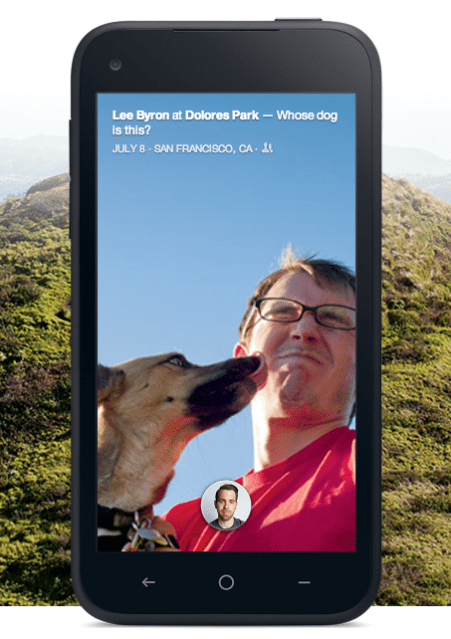Making you feel comfortable didn’t get Facebook to a billion users. It had to push your limits of “open and connectedness”. That’s why so many of its product launches are initially met with outrage, or apprehension. But Zuck is convinced the amount we share will double each year. So if you don’t want Home yet, fine. It’s designed to handle how we share in 2016 so no one steals Facebook’s future.
“If you asked people what they want, they would have said faster horses”, Henry Ford supposedly said about building the car. That’s because our minds think incrementally. Mark Zuckerberg is thinking exponentially. That’s made him a pariah in the short-term, but one of the world’s most influential people 9 years after he started Facebook.
Sometimes Facebook actually pushes us too far too soon. Beacon’s auto-sharing of what we did outside of Facebook made us feel exposed. It caused so much backlash it had to be retracted. Even though a few years later it was reborn as Open Graph, it crystallized the perception that Facebook wanted to behave in ways we weren’t ready for.
Other times, Facebook makes a bold claim about how it’s delivering the future, but that prediction is a dud. Facebook held a big press event a few years back to announce its video chat integration with Skype, which it purported would usher in an era of face-to-face communication. I think I’ve received one incoming Facebook video call since.
But every once in a while, Facebook knows better than we do. When the news feed launched in 2006, it was met with protest. Getting pushed what our friends were doing made us feel like stalkers. The flood of information seemed overwhelming. We thought it was only for the most social-obsessed among us. Eventually we all grew into it, though. Sharing from around the web and new mobile devices that capture the world around us filled it with fascinating content. It spawned the concept of ambient intimacy, of knowing what are friends are up to without them telling us directly. We caught up to Zuck’s vision, and learned to enjoy and depend on the news feed.
 I think we’re at the start of the same cycle for Facebook Home, the Android home screen replacement debuted yesterday. It digs news feed stories, photos, notifications, and messages out of your Facebook app and plasters them across your lock and home screens. It offers persistent access to Facebook chat over the top of everything on the phone. The design is flashy and responsive. It looks pretty. But still, the most common refrain I hear is “Why would anyone want so much Facebook?”
I think we’re at the start of the same cycle for Facebook Home, the Android home screen replacement debuted yesterday. It digs news feed stories, photos, notifications, and messages out of your Facebook app and plasters them across your lock and home screens. It offers persistent access to Facebook chat over the top of everything on the phone. The design is flashy and responsive. It looks pretty. But still, the most common refrain I hear is “Why would anyone want so much Facebook?”
Well here’s Zuckerberg explanation of why Facebook built Home anyway, from his excellent interview with Wired’s Stephan Levy:
“We talk about the Moore’s law of sharing, but we never meant that all this will happen on Facebook—it will happen in the world. Our challenge is to make that happen on Facebook…Three years from now, people are going to be sharing eight to 10 times as much stuff. We’d better be there, because if we’re not, some other service will be.”
The theory is that within a few years, diving into your Facebook app to share or see what friends are up to will seem hopelessly slow. Not just to the web-savviest adults and friend-obsessed teens. To everyone. We may very well mature into understanding the need for Home.
Sure, there’s a chance it could end up languishing like FaceSkype. And I don’t see it being quite as fundamentally transformative and addictive as the news feed it redesigns. But it could be a modern success for Facebook — not quite dominant, but one where it’s thriving despite a crowded ecosystem of strong attention-seeking apps and operating systems rather than getting to stomp on sorry relics like Friendster and Myspace.
This time Zuckerberg would rather err on the side of the future than be slow on the draw on mobile again. That mistake has cost Facebook nearly a billion dollars in acquisitions of Instagram and several other mobile-first companies. All that talent and the stars Zuck has nurtured internally have been put to good use, though. They’ve created something that looks edgy and futuristic, but feels quite inviting once you get past your perception that Facebook belongs buried in an app.
So if Home rattles your sense of privacy, think of how your concept of what’s sacred has relaxed over the years. And if Home appears to only be designed for hardcore social networkers, remember that’s by today’s standards, and you could qualify sooner than you think.
Home isn’t where the heart is, it’s where it could be.
[Image Credit: iStockphoto / Kalawin]

